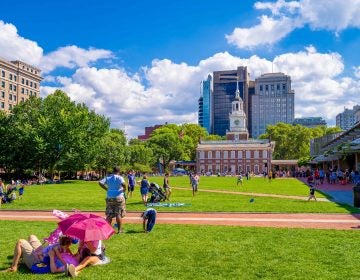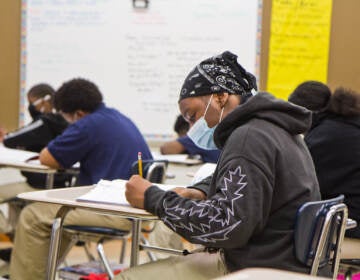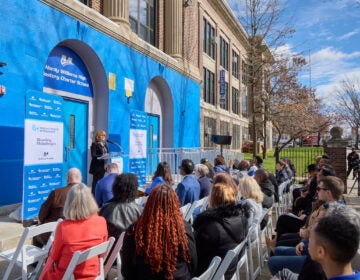Pa. superintendents, charter advocates continue to spar over school funding
The advocacy from superintendents comes as the financial pressure on districts has increased due to a significant boost in charter enrollment during the pandemic.
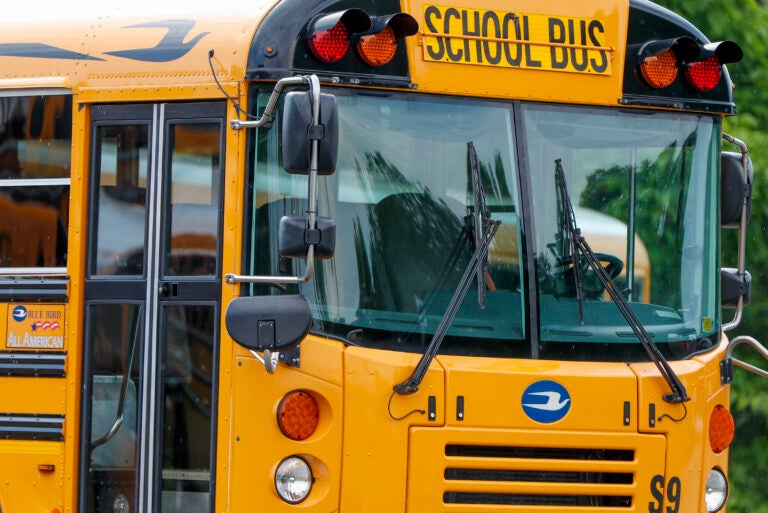
Rows of school buses are parked at their terminal, Friday, July 10, 2020, in Zelienople, Pa. (AP Photo/Keith Srakocic)
Superintendents from across Pennsylvania gathered Wednesday afternoon to call for changes to the state’s charter school laws.
The advocacy comes as the financial pressure on districts has increased due to a significant boost in charter school enrollment during the pandemic. The student body of cyber charters alone grew by 60% in 2020, and the declines in district enrollment cost school districts an extra $350 million in revenue, according to the Keystone Center for Charter Change at Pennsylvania School Boards Association (PSBA), the group that organized the event.
Many of the reforms sought by the association have been debated in Harrisburg for at least a decade without garnering much traction. High on the list of criticisms Wednesday was the cyber charter school funding model, which says that school districts need to pay cyber charters at a rate based on the local cost of in-person education.
In the 2020 school year, different Pennsylvania school districts paid between $9,170 and $22,300 per student in cyber charter tuition — a fact that frustrates districts who want cyber rates set based on actual cost.
Bensalem School District Superintendent Samuel Lee said if the funding model does not change, the “options and opportunities will be significantly compromised” for the students who remain in his district.
Another common complaint from the school leaders: Charters receive money for special education that is not based on the actual cost of a student’s needs.
The charter law says the special education rate for charters needs to be based on the average that districts spend on their own special-ed students. Districts have advocated for a tiered rate system that would more closely hew to the actual care a student needs.
West Chester Area Superintendent Jim Scanlon said the current system leaves too much opportunity for abuse and strips districts unnecessarily of resources.
The problem has been exacerbated in many districts when charters oversample in the enrollment of special-ed students that have less costly needs. This leaves the district with more costly students — which drives the average up — and then makes the payment rate to charters even more out of line with the actual service.
Scanlon compared it to ordering a hamburger at a restaurant and getting charged for a lobster.
“This flat rate calculation is inequitable and I think quite frankly it’s ridiculous,” Scanlon said. “It doesn’t make any sense…What are these charter schools doing with all the additional money? This is the accountability piece.”
Upper Darby School District Superintendent Daniel McGarry was also concerned with charter school costs.
The tuition rate for charters in Upper Darby is going up annually by 14-16%, according to McGarry.
He’s worried the district will eventually have to cut programs like music, art, and other extracurriculars.
This tuition rate is something “we cannot sustain,” said McGarry.
Gov. Tom Wolf and many Democrats have been pushing for legislative change.
Wolf wants to implement a statewide cyber tuition flat rate of $9,500 per student per year, and apply caps on charter enrollment.
Charter school advocates oppose those cuts. They’ve argued the special ed discrepancies can’t be looked at in a vacuum and note that the money charters get from districts in general is a fraction of the full per-pupil spend. They also say enrollment declines in districts are a sign that the traditional sector isn’t serving all families.
Pennsylvania Coalition of Public Charter Schools CEO Lenny McAllister criticized the PBSA for excluding the organization from the virtual conversation on Wednesday.
“They kept us on the outside at the meeting today,” McAllister said. “Just as thousands of Pennsylvania students have been for years.”
He said Wolf ranks Pennsylvania’s neediest students “as second-class citizens taking a backseat to the desires of his political allies who want to see students (and their billions in taxpayer funding) stay in their assigned school districts.”
McAllister attributed the calls for charter reform from Pennsylvania superintendents to “toxic competition.”
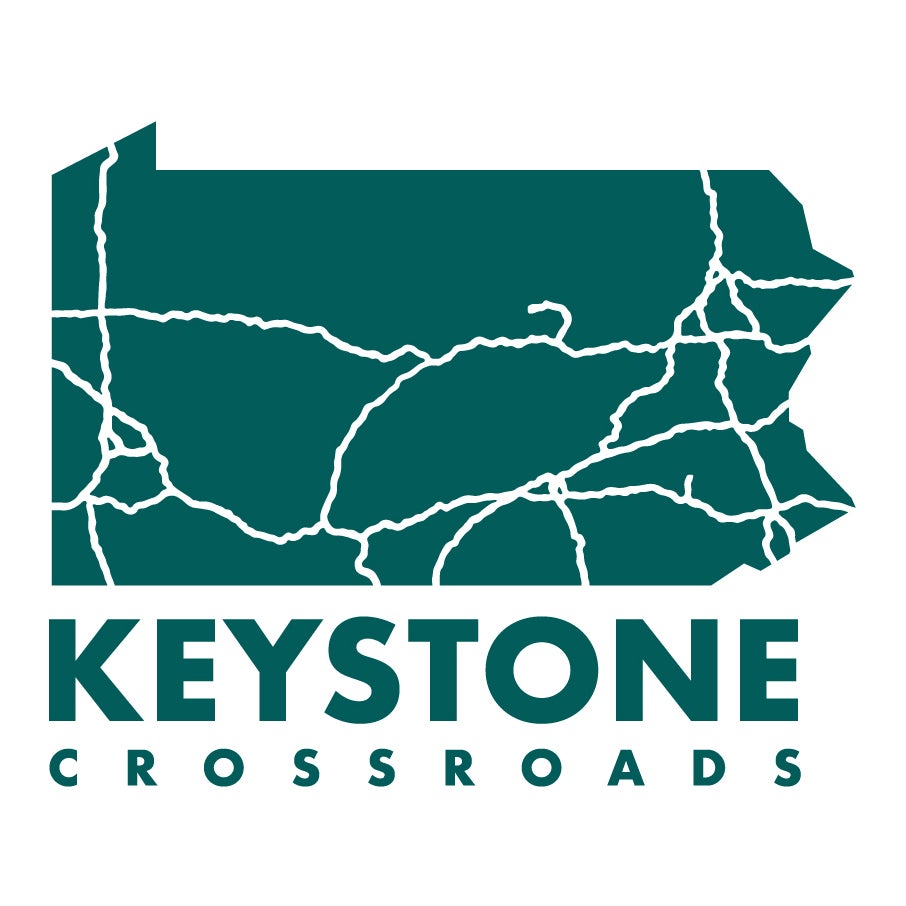
Get more Pennsylvania stories that matter
WHYY is your source for fact-based, in-depth journalism and information. As a nonprofit organization, we rely on financial support from readers like you. Please give today.




